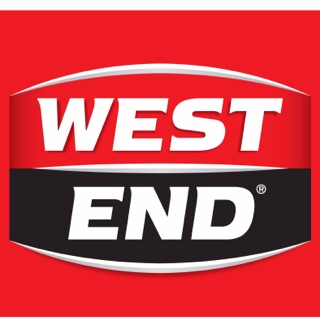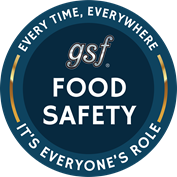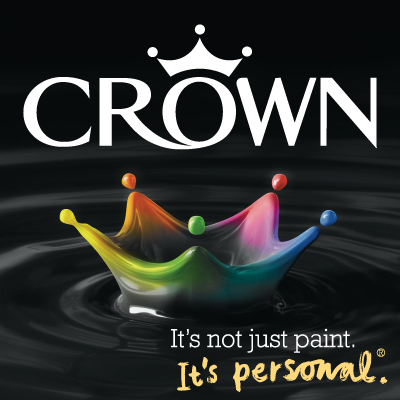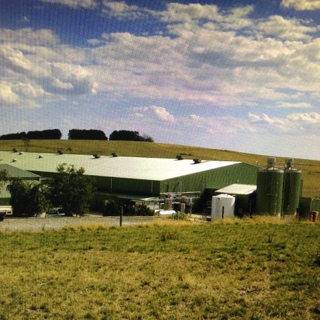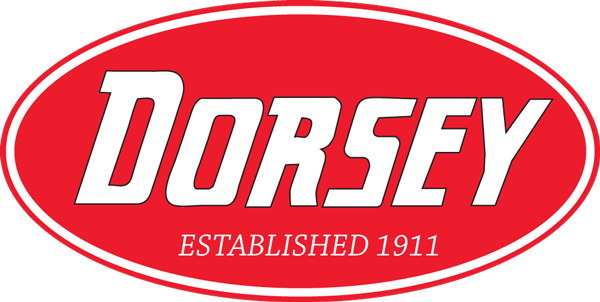Title Page
-
Site conducted
-
Conducted on
-
Conducted by
-
Location
WHEN INSPECTING THE WAREHOUSE, PLEASE REMEMBER THE TRIANGLE YARD (POLE STORAGE)DEPT MANAGER OR FOREMAN TO SIGN ON PG 3 AFTER THE INSPECTION
1. TRAINING Any records of training must not be older than 1 year
-
Are there records to show that departmental personnel have received training on housekeeping?
2. ORGANISATION OF THE WORK PLACE
-
2.1 Is product identification present?
-
2.2 Are there clear work areas around each work station?
-
2.3 Have areas been allocated for WIP, FINISHED PRODUCT AND RAW MATERIAL?
-
2.4 Are work areas clean and orderly?
-
2.5 Is the area free of superfluous items?
-
2.6 Is the floor and machinery clear of hand tools?
-
2.7 Cables & liftig equipment must not be on the floor when not in use
-
2.8 Are workbenches and cupboards clean, free of food, personal clothing & superflous items?
-
2.9 Is there a suitable storage place for cleaning equipment?
3. DEMARCATION
-
3.1 Are all lines clear & uniform?
-
3.2 Are compulsory clear areas (for firefighting equip, and electrical distribution boards) marked with clear zebra lines or a solid red block, as applicable (practical)?
-
3.3 Are all isles & roadways unobstructed?
-
3.4 Stacking does not protrude beyond demarcation lines, is 'square' within the demarcated area
4. SAFE AND EASY ACCESS TO CONTROLS AND APPLIANCES
-
4.1 Are safety signs present, properly fixed & undamaged?
-
4.1 Are unsafe areas boarded with chevron tape?
5. STACKING
-
5.1 Is a layout drawing available in the department, shows demarcated and safe stacking areas?
-
5.2 Are stacking areas clear of superfluous items?
-
5.3 Are bins, stillages, etc undamaged? (damaged items to be forwarded to Maintenance with a job card for repair)
-
5.4 Is there sufficient space for stacking and the movement of material handlers?
6. DRUMS & CONTAINERS
-
6.2 Flammable liquids should be stored in the 'flammable liquids store.'
-
6.4 Are all containers identified as to its contents, including bottles (glass, plastic bottles, drinking water bottles)
-
6.5 No empty drums should be stored in the factory
-
6.6 Different materials, products, etc must always be segregated, grouped together logically and identified correctly
7. CUPBOARDS, TOOL BOXES, WORKBENCHES & COLUMNS PG2
-
7.1 Are cupboard & workbenches neat & tidy?
-
7.2 Are tops of cupboards clear?
-
7.3 No items are permitted on window sills, ledges, columns, or inside electrical cabinets.
8. FLOORS, WALKWAYS & STAIRS
-
8.1 Are these in a good condition? Has a jobcard been given to maintenance? YES / NO / NA (tick applic)
-
8.2 Are manhole / trench covers available and in good condition?
-
8.3 Are floors clean?
-
8.4 Free from trip hazards?
-
8.5 Free from oil?
9. BUILDINGS, ROOFS, WALLS, WINDOWS, LIGHTS (Detection and repair of roof leaks in Warehouse is very important)
-
9.1 Report damage to roofs, walls, windows, handrailing, fences, doors, on a job card to building maintenance. Has a Job card been given to maintenance? YES / NO / NA (tick applicable)
-
9.2 All Lights working? Has a jobcard been given to maintenance? YES / NO / NA (tick applicable)
10. HYGIENE
-
10.1 No food or personal clothes is allowed in the factory
-
10.2 Toilets, change rooms and canteens should be cleaned daily
-
10.3 Toilet paper, soap and towels should be available in all hygiene facilities
11. CLEANING OF MACHINES (See section 21 of housekeeping procedure MMMP003.9)
-
11.1 Are machinery clean and free of oil, oil leaks and other lubrication?
-
11.2 Are there records to show that operators have been trained in machine cleaning?
-
11.3 Is each machine cleaned Monthly?
-
11.4 Where machines produce scrap off cuts, slugs, swarf etc. Are suitable bins provided collect these?
12. SCRAP & REFUSE BINS
-
12.1 Are there adaquate scrap bins?
-
12.2 Are the bins placed in demarcated positions?
-
12.3 Are the contents of the bin indicated, or is the bin colour coded (see bottom of page 3 for colour codes)?
-
12.4 Do the bins have lids, and are they kept closed?
-
12.5 Are the bins clean on the outside?
-
12.6 Are the bins in a good condition?
-
12.7 Have separate bins been provided for oily rags and oil soaked saw dust?
-
12.8 Are places allocated for scrap timber & broken timber pallets?
13. NOTICE BOARDS (In foreman's office or/and shop floor)
-
13.1 Are notice boards tidy and presentable, dust is cleaned & notices secured, not overlapping?
-
13.2 Are obselete notices removed?
14. PAINTWORK, & NUMBERS
-
14.1 Is each machine, piece of equipment, support column, crane and lifting equipment clearly numbered?
15. PREVENTION OF POLLUTION PG3
-
15.1 Are all storm water drains maintained clean?
-
15.2 Is spillage of soluble oil caught up in suitable drip trays at all times?
-
16.3 Are oil spills soaked up with saw dust?
-
15.4 Is oil soaked saw dust & rags deposited in bins which are identified?
-
15.5 Oil that is mopped from the floor or removed from pits in the floor deposited in empty oil drums which have been marked 'scrap oil' and sent to the oil store for disposal
16. Signatures
-
HOD Signature
-
Auditor Signature






